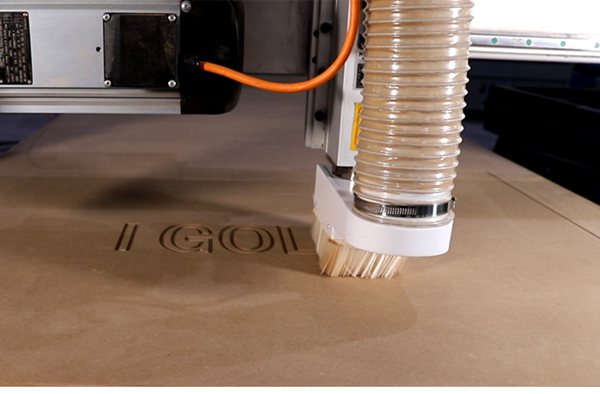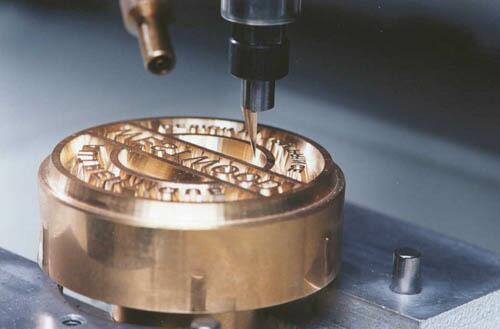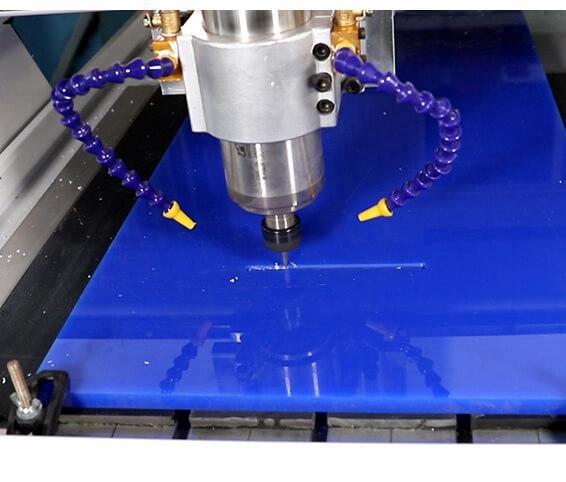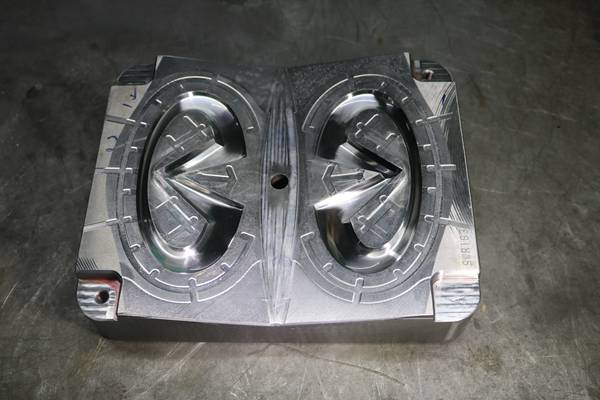In the world of machining, two popular tools that often come up in discussions are CNC routers and milling machines. Both of these machines are widely used in various industries and offer unique capabilities for cutting and shaping materials. However, it’s important to understand the differences between these two machines to determine which one is best suited for your specific needs. In this article, we will explore the distinctions between CNC routers and milling machines, their applications, and the factors to consider when choosing between them. So, let’s dive into the world of machining and unravel the intricacies of CNC routers and milling machines!

CNC Router: Precision Cutting and Versatility
What is a CNC Router?
A CNC (Computer Numerical Control) router is a computer-controlled cutting machine used for cutting and shaping various materials, such as wood, plastic, foam, and even soft metals. It operates by following a set of programmed instructions to move the cutting tool along multiple axes, creating precise and intricate cuts.
Advantages of CNC Routers
- Precision Cutting: CNC routers offer exceptional precision and accuracy. The computer-controlled system ensures consistent and repeatable cuts, allowing for intricate designs and complex shapes.
- Versatility: CNC routers can work with a wide range of materials, making them suitable for various applications. From woodworking to sign making, furniture production to prototyping, a CNC router can handle diverse projects.
- Ease of Use: While programming a CNC router may require some learning, once you have the necessary skills, operating the machine becomes relatively straightforward. Many CNC routers come with user-friendly software interfaces that simplify the programming process.
- Automation: CNC routers automate the cutting process, reducing the need for manual labor. Once the design is programmed, the machine can work autonomously, increasing productivity and efficiency.
- Scalability: CNC routers are available in different sizes, allowing for scalability based on your project requirements. Whether you need a small desktop router for hobbyist use or a large industrial-grade machine for professional production, there’s a CNC router to suit your needs.

Applications of CNC Router Machine
CNC routers find applications in various industries and sectors, including:
- Woodworking: CNC routers excel in cutting and shaping wood for furniture, cabinetry, decorative moldings, and intricate designs.
- Sign Making: Create precise and detailed signs, logos, and lettering using a CNC router. The machine can cut through materials like acrylic, PVC, and foam to produce professional signage.
- Prototyping and Model Making: CNC routers are ideal for creating prototypes and models for product development, architectural designs, and engineering projects.
- Art and Crafts: From intricate wooden sculptures to custom engravings on different materials, CNC routers enable artists and craftsmen to bring their creative visions to life.
- Plastic Fabrication: CNC routers can cut and shape various plastics, making them suitable for manufacturing plastic parts, displays, and packaging materials.
Milling Machine: Precision Machining and Metalworking
What is a Milling Machine?
A milling machine is a power-driven machine tool used for removing material from a workpiece by advancing a rotating cutting tool into the workpiece. The cutting tool, called a milling cutter, can move along multiple axes to create various shapes, slots, and holes with high precision.

Advantages of Milling Machines
- Metalworking Capabilities: Milling machines are primarily used for metalworking applications. They can handle materials like steel, aluminum, brass, and other metals with ease, making them essential tools in industries such as aerospace, automotive, and manufacturing.
- Versatility: Milling machines can perform a wide range of operations, including face milling, end milling, drilling, tapping, and more. This versatility allows for complex machining tasks and the creation of intricate metal components.
- High Precision: Milling machines offer exceptional precision and accuracy, making them suitable for applications that require tight tolerances. The ability to control the movement of the cutting tool and the workpiece allows for precise machining operations.
- Rigid Construction: Milling machines are built with a heavy and rigid structure to withstand the forces involved in metal cutting. This stability ensures consistent and reliable performance, even when working with tough materials.
- Customization and Modifications: Milling machines can be equipped with various accessories and attachments to enhance their capabilities. This flexibility allows for customization based on specific machining requirements.
Application of CNC Milling Machine

- Precision Engineering: Milling machines are essential for manufacturing precision components used in industries such as aerospace, automotive, and medical.
- Tool and Die Making: Milling machines play a crucial role in the production of molds, dies, and other tooling used in manufacturing processes.
FAQ
1. What are the main differences between a CNC router and a milling machine?
The main differences between a CNC router and a milling machine lie in their applications and capabilities. CNC routers offer versatility and ease of use, making them suitable for various industries, while milling machines excel in metal cutting and machining tasks.
2. Can a CNC router be used for metalworking?
However, for heavy-duty metalworking applications, milling machines are the preferred choice due to their rigidity, power, and specialized cutting tools.
3. Are CNC routers and milling machines easy to operate?
CNC routers and milling machines require some learning and training to operate effectively. However, once you gain the necessary skills, both machines can be relatively easy to use. CNC routers often come with user-friendly software interfaces that simplify the programming process, while milling machines require knowledge of tooling, feeds, and speeds for optimal results.
4. Can milling machines perform operations other than milling?
Yes, milling machines can perform various operations beyond milling, including drilling, tapping, boring, and more. With the right tooling and attachments, milling machines can be versatile machines capable of handling a wide range of metalworking tasks.
In conclusion, CNC routers and milling machines are powerful tools with distinct capabilities and applications. CNC routers excel in precision cutting and versatility for non-metal materials, while milling machines offer high precision metalworking capabilities. Understanding the differences between these machines will help you make an informed decision when choosing the right tool for your specific machining needs. So, whether you’re working on woodworking projects or metal fabrication, there’s a machine out there to bring your ideas to life with precision and efficiency.
Remember to always consider factors such as material compatibility, project requirements, and budget when selecting between a CNC router and a milling machine. Happy machining!

IGOLDEN BLOG
Thank you for visiting the iGOLDENCNC website. iGOLDENCNC is the professional supplier of CNC machinery application solution, within the business of producing and selling CNC machinery and accessories.